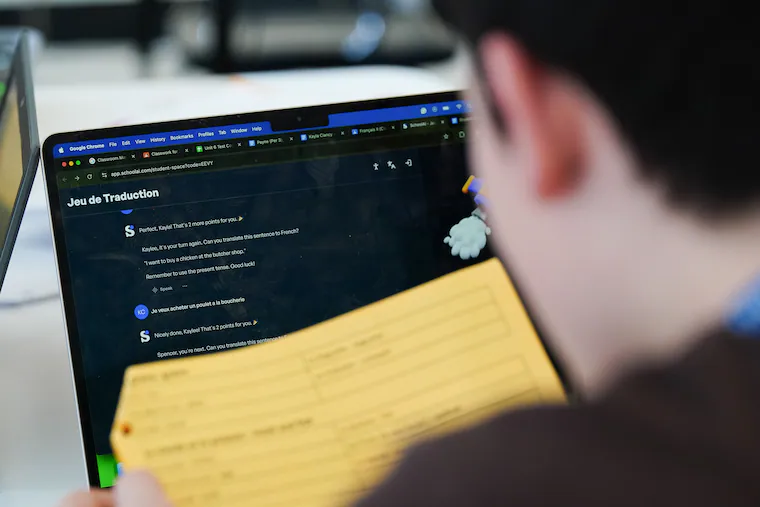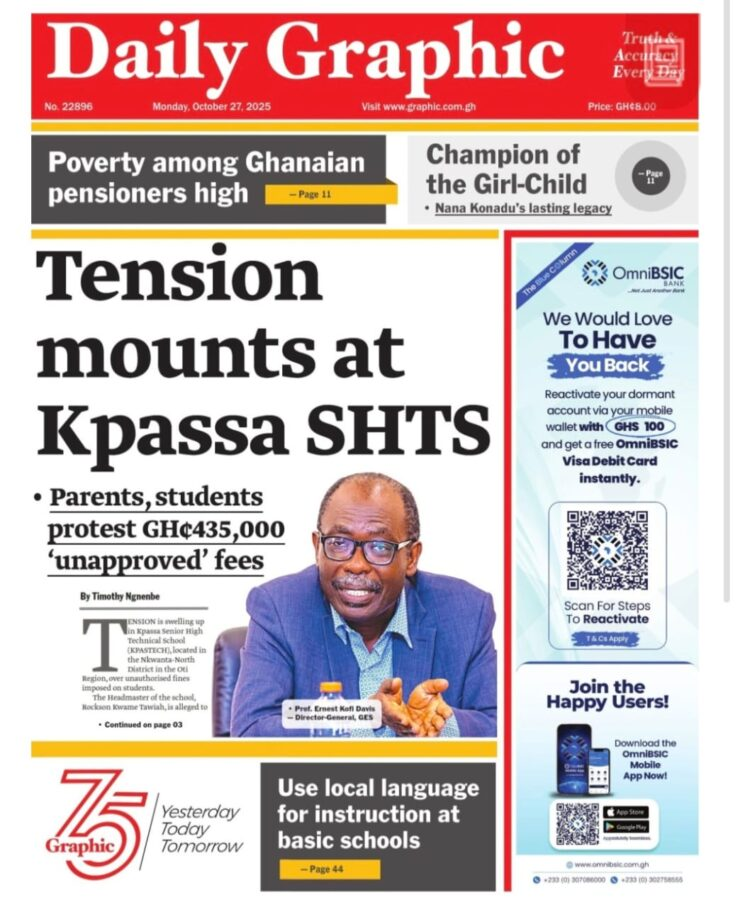Copyright The Philadelphia Inquirer

The recent Fortune Most Powerful Women (MPW) Summit in Washington, D.C., was an experience in cognitive dissonance. Seated among political and industry elites, the talk of innovation and staggering profit potential clashed sharply with a single, crucial realization: The policy debate around artificial intelligence is currently a profound act of systemic negligence. My primary takeaway, a truth that should chill every Philadelphian, is this: Political responsibility for AI is dangerously unassigned, and this lack of accountability will inevitably exacerbate the deep racial and socioeconomic inequality we already fight daily in this city. The system is broken by design For those of us tracking power dynamics, it’s clear that policy is not an inherently benevolent tool; it’s an engine. When AI development is rapid, profit-driven, and utterly untethered from federal regulation, it becomes the newest, most efficient engine for inequality. The silence on regulation is deafening. It echoes the historical policies we discover along the way — like segregation by design (redlining) and discriminatory tax structures — that actively engineered wealth disparity. This isn’t a case of the government failing to keep up; it’s a case of the government choosing not to intervene while a technology that touches hiring, credit, policing, and healthcare is designed and deployed by a privileged few. This policy nonaction is, in itself, an action that green-lights the next era of engineered inequality. The silence on regulation is deafening. We are watching the creation of a system that is broken by design. The benefits (vast profits, efficiency gains) will accrue to the already powerful, the tech titans and major institutions. The harms (biased data, job displacement, automated discrimination) will be disproportionately imposed on the already marginalized communities in the Greater Philadelphia area. AI and the new racialized property The absence of regulation threatens to make AI benefits a new form of what scholars call “racialized property.” Think about it: Who will have the resources to access and implement the most sophisticated, unbiased AI tools for education or small business growth? Who will be penalized by algorithms trained on inherently biased historical data regarding policing or mortgage lending? If the foundational benefits of this technology, access, opportunity, and efficiency, are left unregulated, they become a protected asset, reinforcing the lines of division that have defined our city for centuries. The rapid development of AI, without a corresponding mandate for equity, is actively constructing the next generation of wealth and power disparity right before our eyes. » READ MORE: AI is watching us. We need city officials watching AI. | Opinion A controversial call to action The most compelling, albeit unsettling, moment of the summit came during the interview with former Vice President Kamala Harris. She offered a candid diagnosis: The AI industry lacks the motivation to mitigate its own risks, and a gridlocked Congress is unlikely to catch up. Her proposed solution? The consumer as the alternative “power base.” This challenges the traditional view of policy intervention. Harris essentially argued that since the government and industry are failing, the public must use its economic leverage, its power to demand transparency and ethical standards, to force accountability. This is a daunting task, especially for communities facing immediate existential challenges, but it highlights a critical truth: When democratic institutions fail, the responsibility falls to the people. We can’t rely on Washington or Silicon Valley to protect us; we must demand that business leaders inform us of AI’s benefits and risks. The AI industry lacks the motivation to mitigate its own risks, and a gridlocked Congress is unlikely to catch up. Information, misinformation, and the fate of our stories Harris’ focus on fighting mis- and disinformation is a cornerstone of this new struggle. AI is fundamentally a tool for generating and distributing information. If the “cultural stories” we tell about race, poverty, and immigration are cultivated by misinformation, an unregulated AI could become the most powerful mechanism yet for mass-producing and cementing those biased narratives. This is the ultimate threat to democracy and equity. An AI system trained on a history of injustice will perpetuate and amplify that injustice at machine speed, legitimizing it with the veneer of data and objectivity. My weekend at the MPW summit wasn’t just a learning exercise; it was a sobering look at a political system failing to protect its most vulnerable. The challenge for Philadelphia, for all of us, is to leverage our collective power to demand accountability from those building this future. The clock is ticking, and the failure to act will define the economic and social landscape of this city for decades to come. We must force the assignment of responsibility before the algorithm decides our fate.



